Chancellor of the Exchequer Rachel Reeves has made a significant decision regarding the upcoming UK budget, opting not to raise the headline rates of income tax. This move comes as a surprise to many, given the revenue shortfall that the UK is facing. The decision has sparked questions over how Reeves will plug the fiscal hole without increasing taxes.
According to sources, Reeves has decided not to increase either the basic or higher income tax rates, despite widespread concerns about breaking Labour's election promise not to do so. This move is expected to save taxpayers approximately £10 billion, but it also means that the government will have to find alternative ways to make up for the lost revenue.
The UK's fiscal hole is a significant concern, with the country's public sector net borrowing expected to reach £55 billion in the current financial year. The government's decision to avoid raising taxes has sparked concerns about the potential impact on public services and the economy as a whole.
In terms of market impact, the decision has been met with a mixed response. The pound has strengthened against the dollar, while UK government bond yields have fallen. However, some analysts have expressed concerns that the decision may not be enough to address the UK's underlying fiscal issues.
Reeves' decision not to raise taxes is a significant departure from the approach taken by her predecessor, Jeremy Hunt. Hunt had proposed increasing the basic rate of income tax to 25% and the higher rate to 45%, in an effort to raise revenue and reduce the UK's budget deficit.
The UK's economy is facing significant challenges, including a slowdown in growth and a rise in inflation. The government's decision to avoid raising taxes is likely to be seen as a short-term fix, but it may not address the underlying issues that are driving the UK's fiscal hole.
In terms of future outlook, the UK's fiscal situation is likely to remain a major concern in the coming months. The government will need to find alternative ways to raise revenue, such as increasing corporation tax or implementing other forms of taxation. The decision not to raise income tax rates is likely to be seen as a temporary reprieve, but it may not be enough to address the UK's underlying fiscal issues.
Reeves' decision not to raise taxes has significant implications for the UK's economy and society as a whole. It may lead to a short-term boost in consumer spending, but it may also exacerbate the UK's underlying fiscal issues in the long term. The decision highlights the need for the government to take a more comprehensive approach to addressing the UK's fiscal hole, rather than relying on short-term fixes.





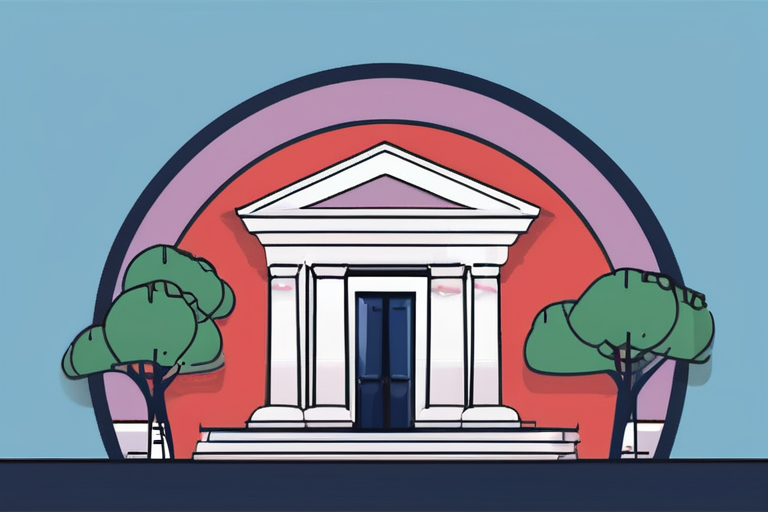
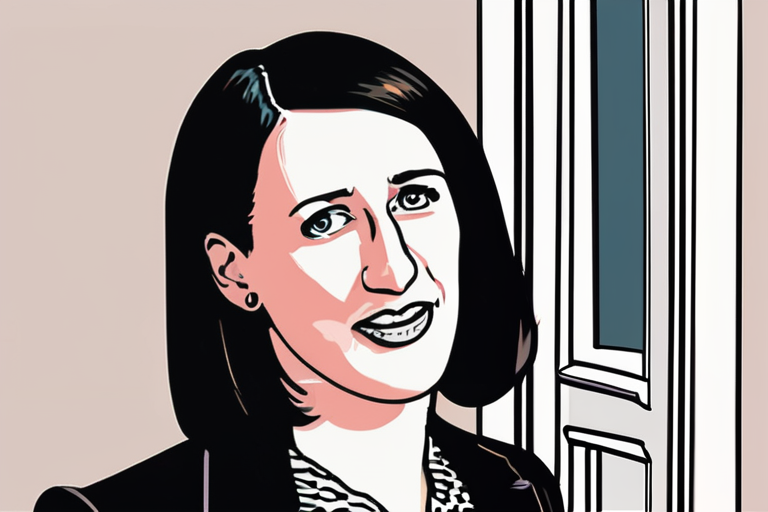


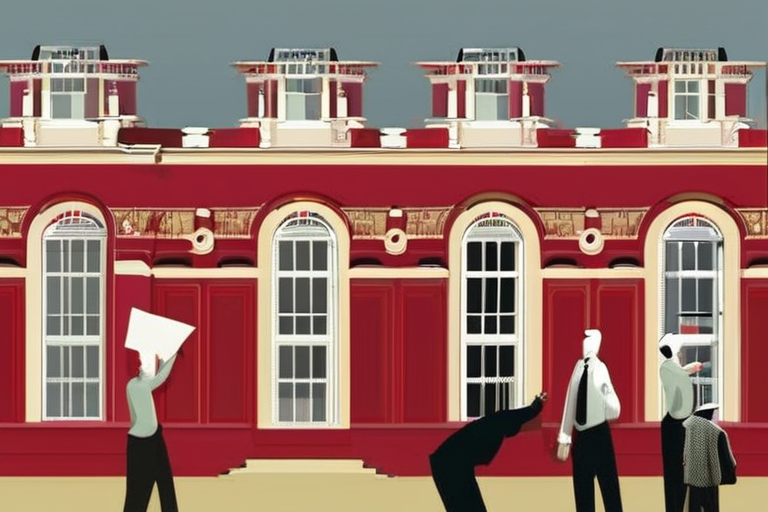

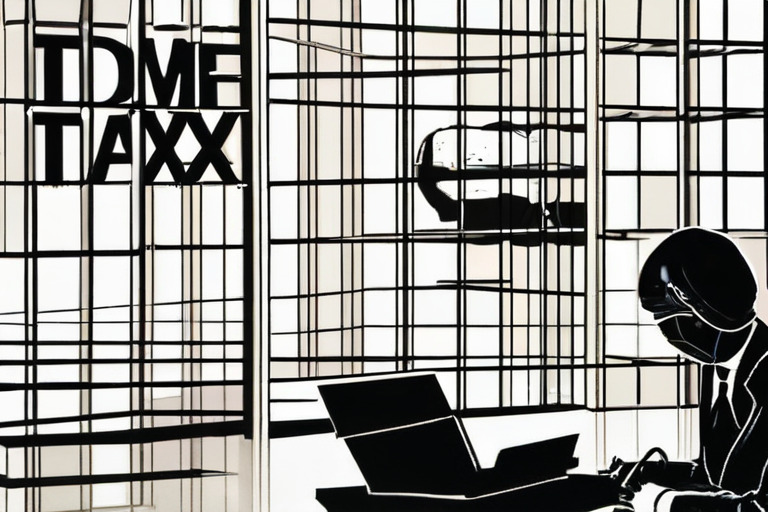
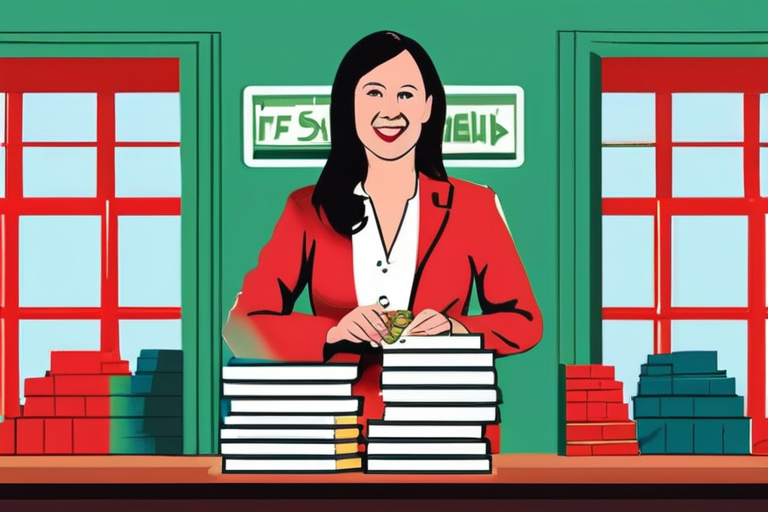

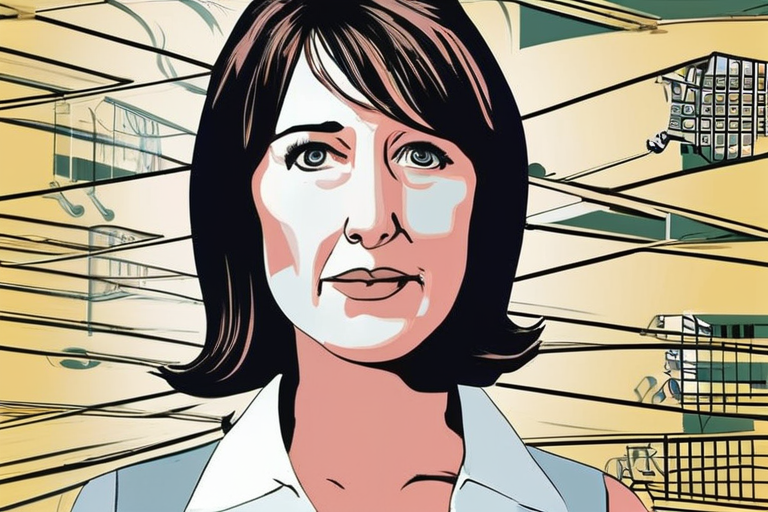

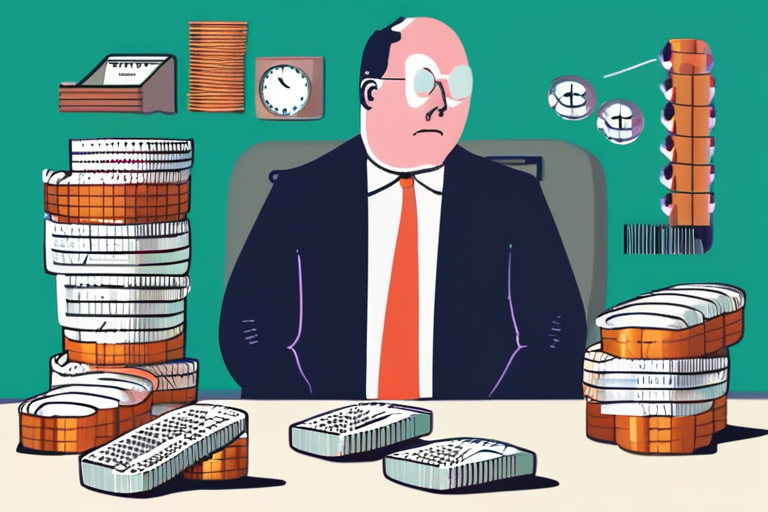
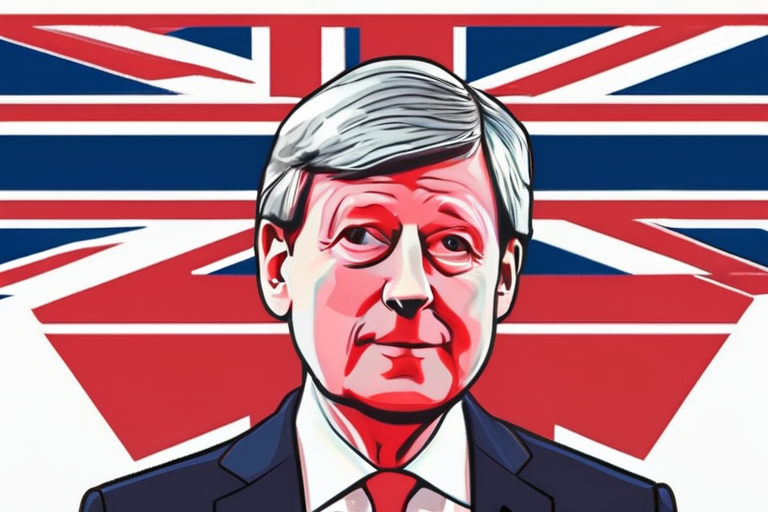

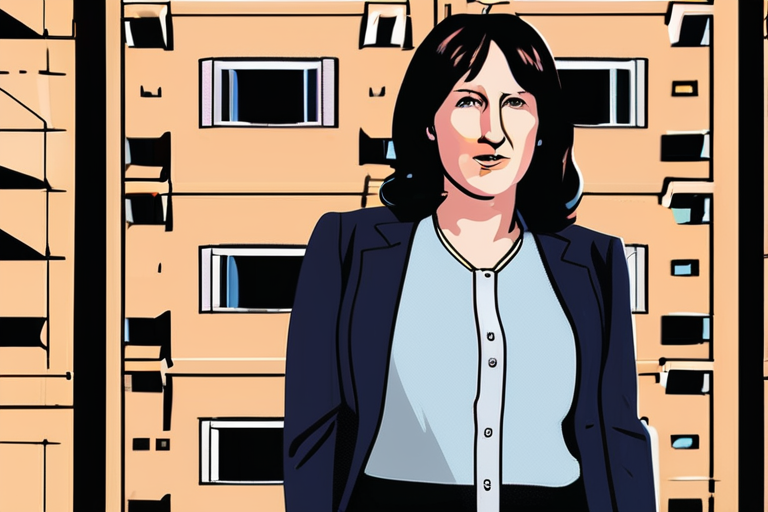
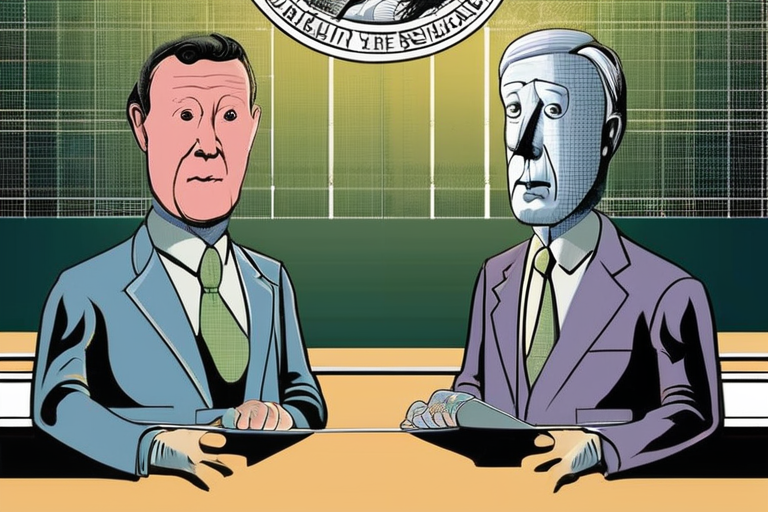



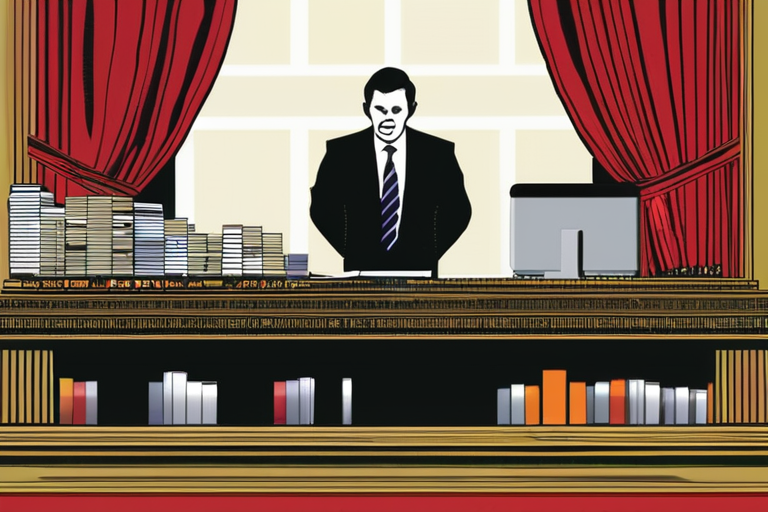
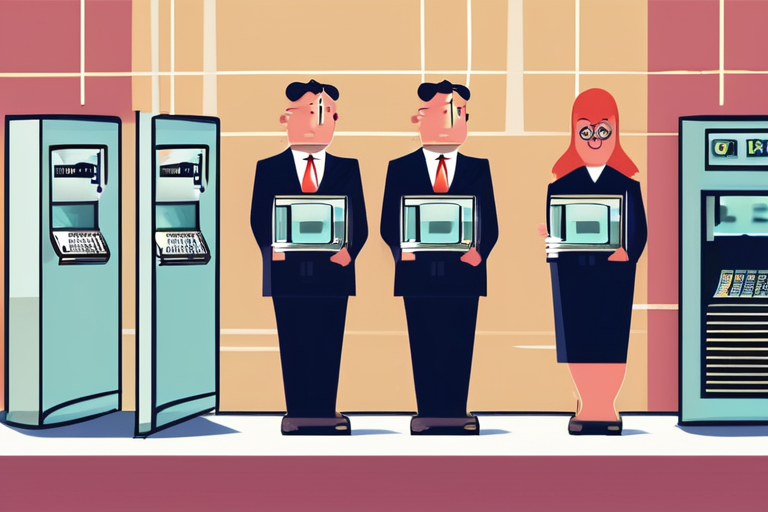
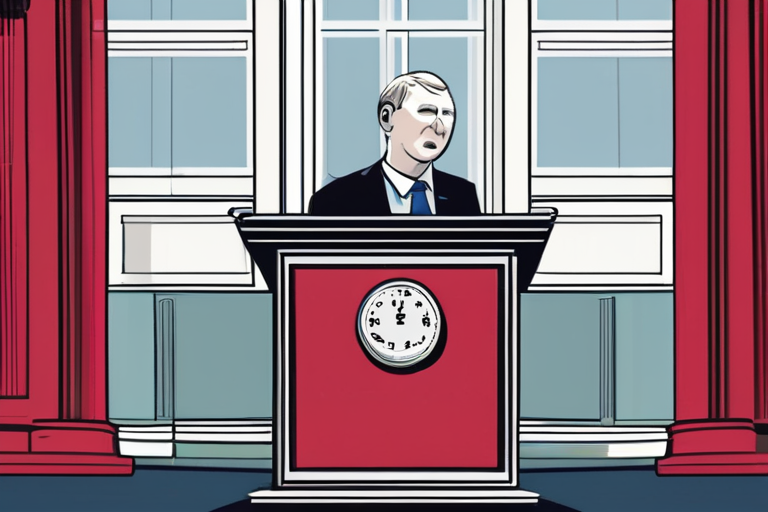
Share & Engage Share
Share this article